Description
Niacin (Vitamin B3): The Powerful Nutrient You Need to Know
Niacin, also known as vitamin B3, is an essential nutrient that plays a vital role in numerous bodily functions. From energy production to maintaining healthy skin and nerves, niacin is a powerhouse vitamin that deserves a place of prominence in your understanding of nutrition and health.
What is Niacin (Vitamin B3)?
Niacin is a water-soluble vitamin, meaning it dissolves in water and isn’t stored in the body for long periods. This necessitates regular intake through diet or supplementation. It exists in two main forms:
- Nicotinic acid: This form is often used to help lower cholesterol levels. However, it can cause flushing (redness and warmth of the skin) as a side effect.
- Nicotinamide (niacinamide): This form is generally preferred for supplementation as it’s less likely to cause flushing.
The Key Benefits of Niacin:
Niacin’s importance stems from its involvement in over 400 enzyme reactions within the body. Here’s a breakdown of some key benefits:
- Energy Metabolism: Niacin is crucial for converting food into usable energy. It helps your body process carbohydrates, fats, and proteins, ensuring you have the fuel you need for daily activities.
- Nervous System Function: This vitamin supports the proper functioning of the nervous system, helping to maintain healthy nerve cells and signaling pathways. This is vital for everything from muscle movement to cognitive function.
- Skin Health: Niacin plays a role in maintaining healthy skin, helping to protect it from sun damage and supporting its natural barrier function. It’s even used in some skincare products for its potential anti-inflammatory properties.
- Cholesterol Management: Nicotinic acid (but not nicotinamide) can help lower LDL (“bad”) cholesterol and triglycerides while raising HDL (“good”) cholesterol. However, it’s important to consult with a doctor before using niacin for this purpose due to potential side effects and interactions with other medications.
- Digestive Health: Niacin supports the healthy functioning of the digestive system by aiding in the breakdown of food and promoting nutrient absorption.
Sources of Niacin:
You can obtain niacin from a variety of foods, making it relatively easy to incorporate into your diet:
- Animal Sources: Meat (especially poultry and beef), fish (tuna, salmon), eggs, and dairy products are excellent sources.
- Plant Sources: Legumes (peanuts, lentils, beans), whole grains (brown rice, oats), nuts, seeds, and some vegetables (mushrooms, avocados) also contain niacin.
- Fortified Foods: Many processed foods, such as breakfast cereals and breads, are fortified with niacin to improve nutritional value.
Niacin Deficiency (Pellagra):
Severe niacin deficiency leads to a condition called pellagra, characterized by the “3 Ds”:
- Dermatitis: A scaly, pigmented rash on sun-exposed areas of the skin.
- Diarrhea: Digestive disturbances.
- Dementia: Cognitive decline and mental confusion.
While rare in developed countries with access to a varied diet, pellagra can occur in individuals with malnutrition, alcoholism, or certain medical conditions that interfere with nutrient absorption.
Supplementing with Niacin:
While obtaining niacin through diet is ideal, supplementation may be necessary in certain cases, such as for individuals with specific health conditions or those following restrictive diets.
- Dosage: The Recommended Dietary Allowance (RDA) for niacin varies depending on age, sex, and other factors. It’s best to consult with a healthcare professional or registered dietitian to determine the appropriate dosage for your individual needs.
- Considerations: As mentioned earlier, nicotinic acid can cause flushing. Taking it with food or starting with a low dose and gradually increasing it can help minimize this effect. Nicotinamide is generally better tolerated.
- Potential Side Effects: High doses of niacin, particularly nicotinic acid, can cause side effects like flushing, dizziness, nausea, liver problems, and high blood sugar. It’s crucial to talk to your doctor before taking high doses of niacin, especially if you have pre-existing health conditions.
Conclusion:
Niacin (Vitamin B3) is an essential nutrient with wide-ranging benefits for energy production, nervous system function, skin health, and more. By consuming a balanced diet rich in niacin-rich foods, you can ensure you’re getting enough of this vital vitamin to support your overall health and well-being. If you suspect you may be deficient in niacin or are considering supplementation, consult with a healthcare professional to determine the best course of action for your individual needs.

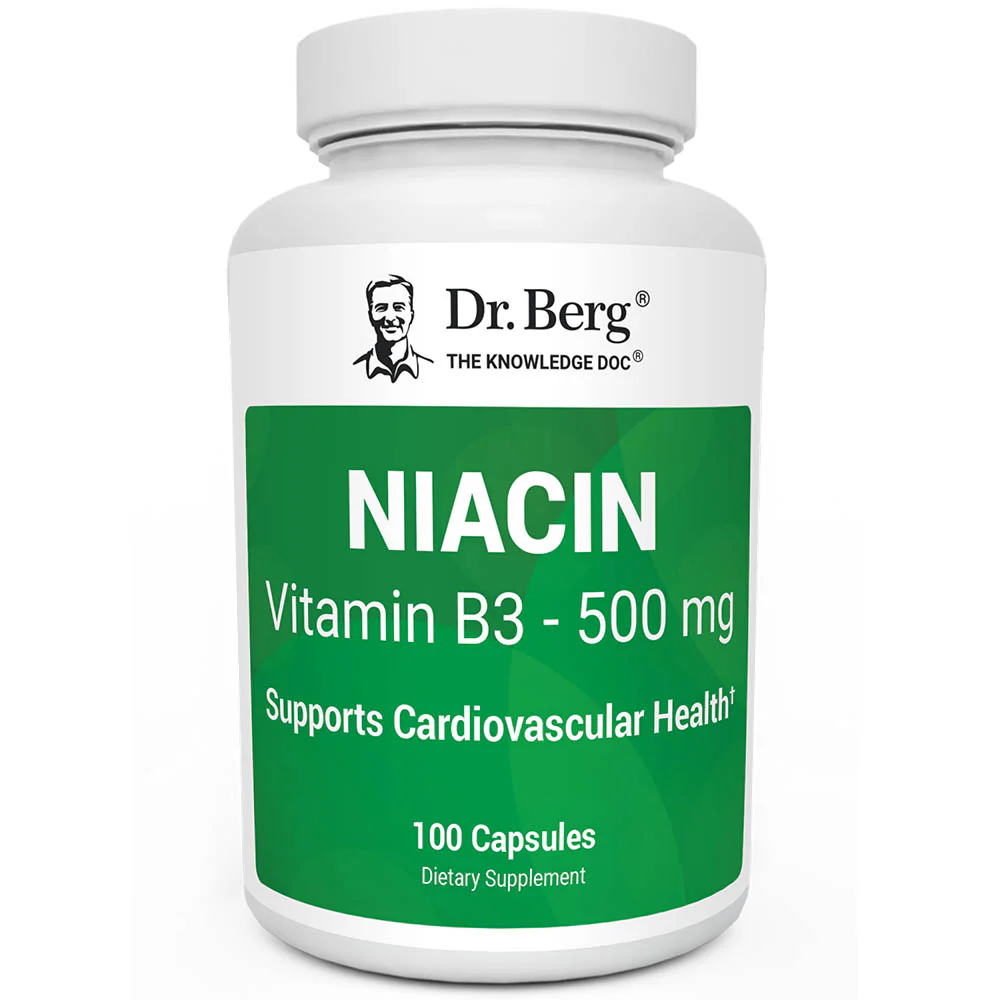
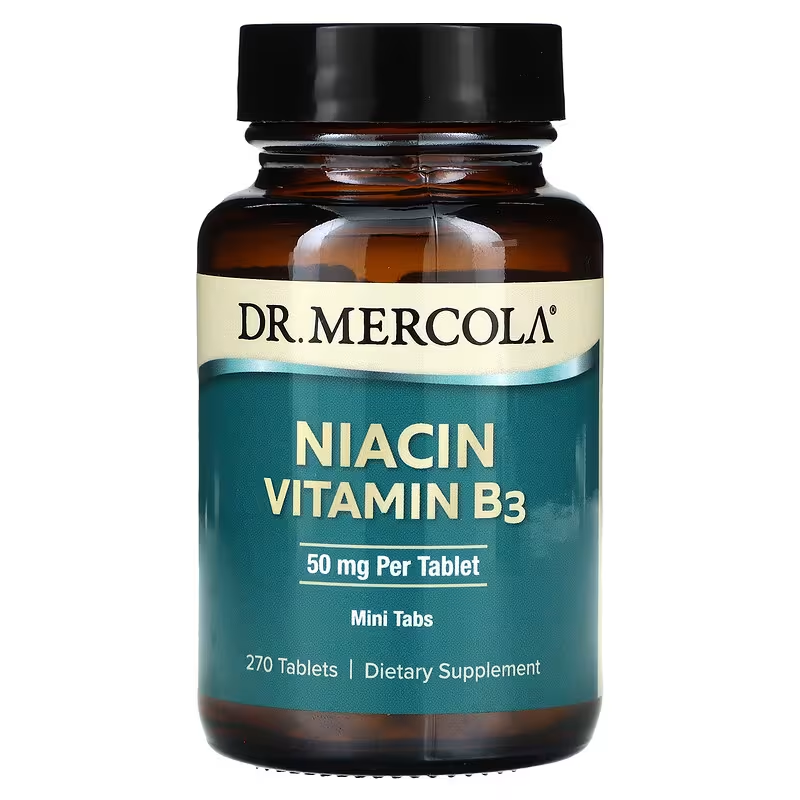
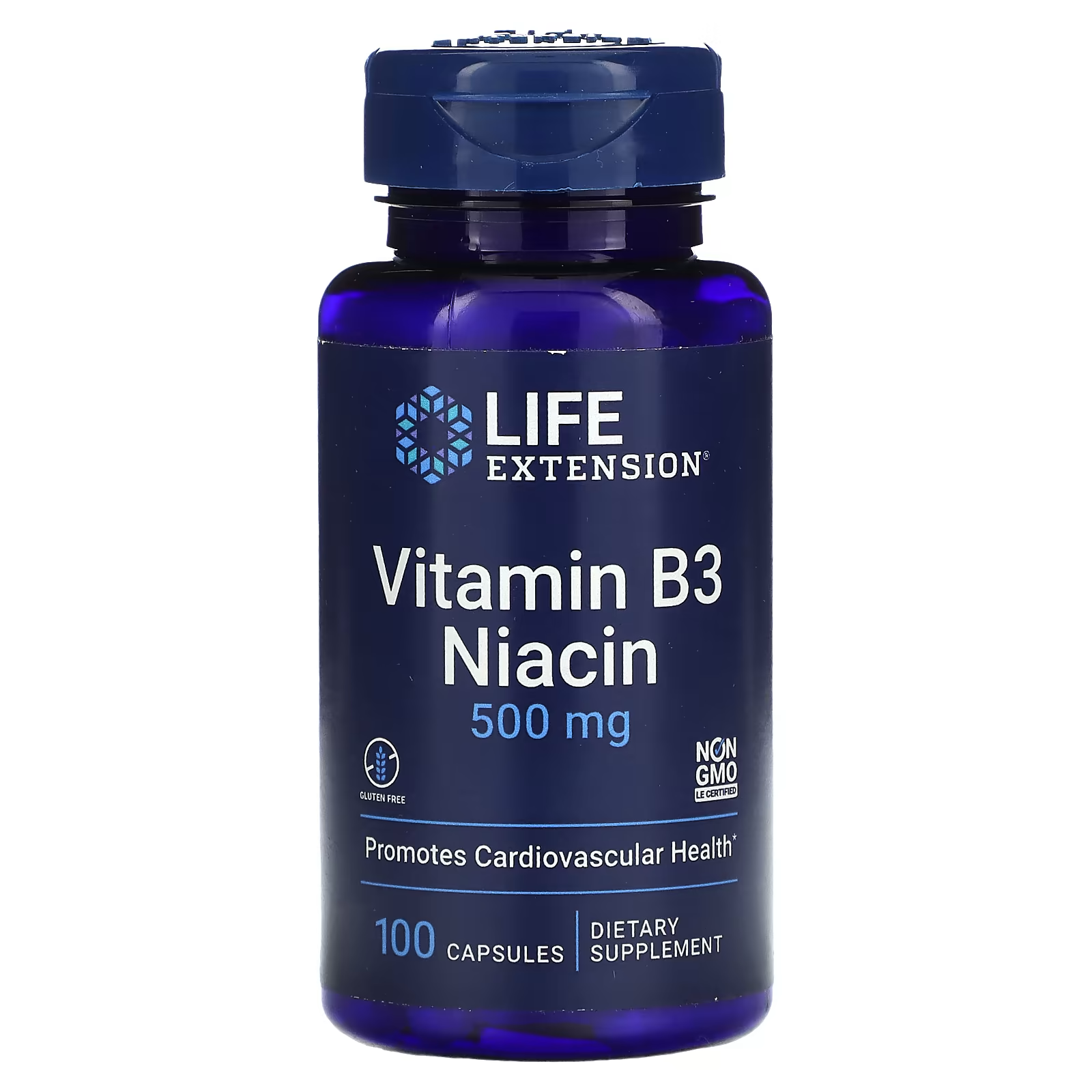
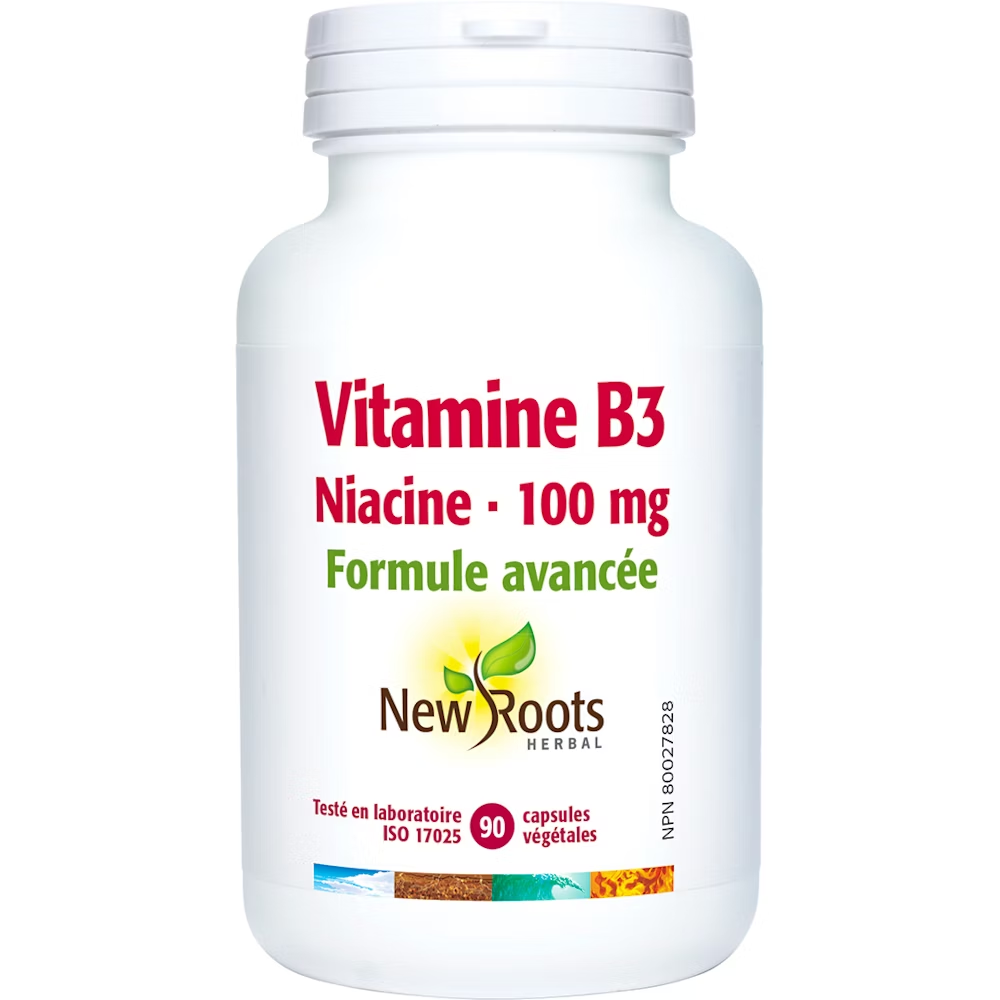
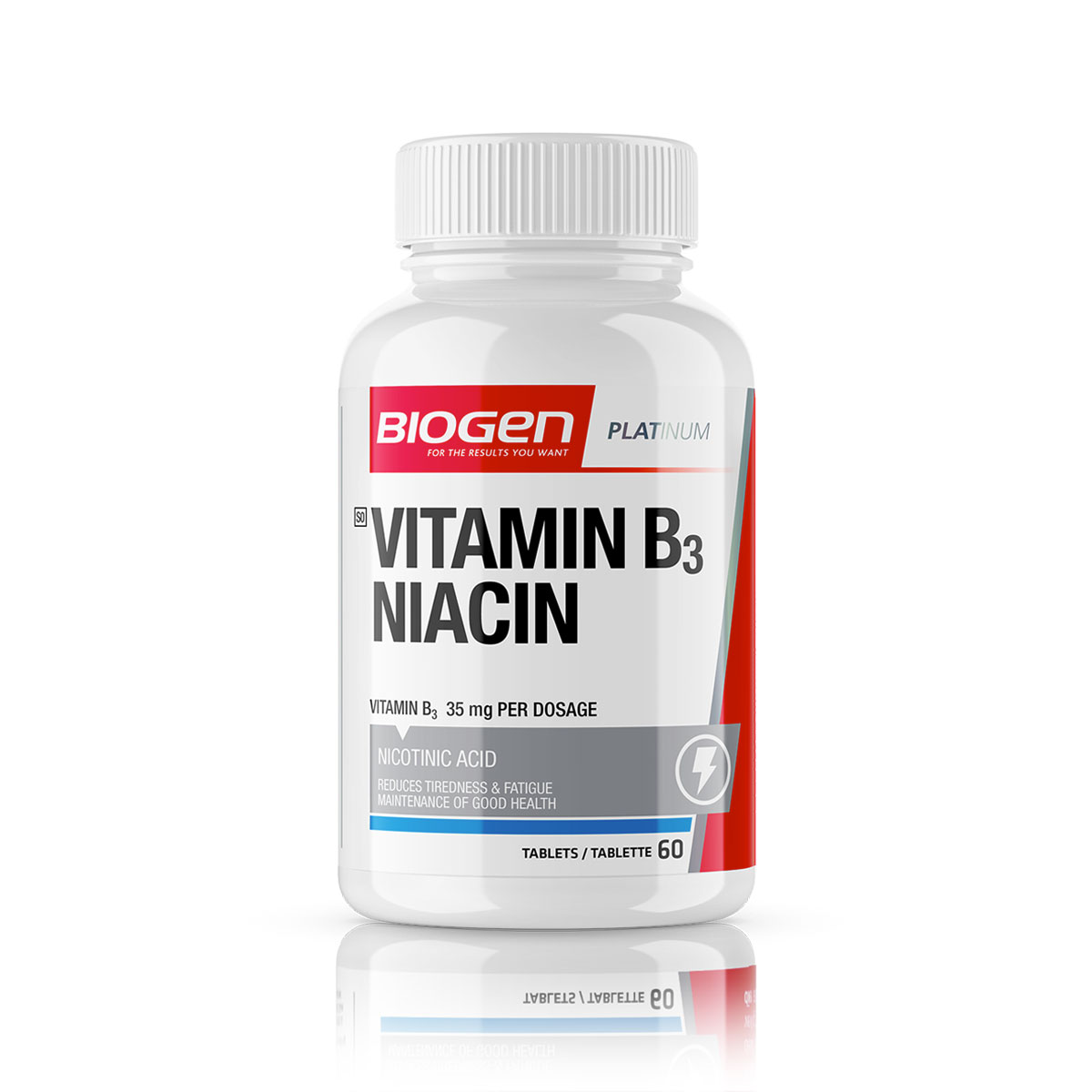
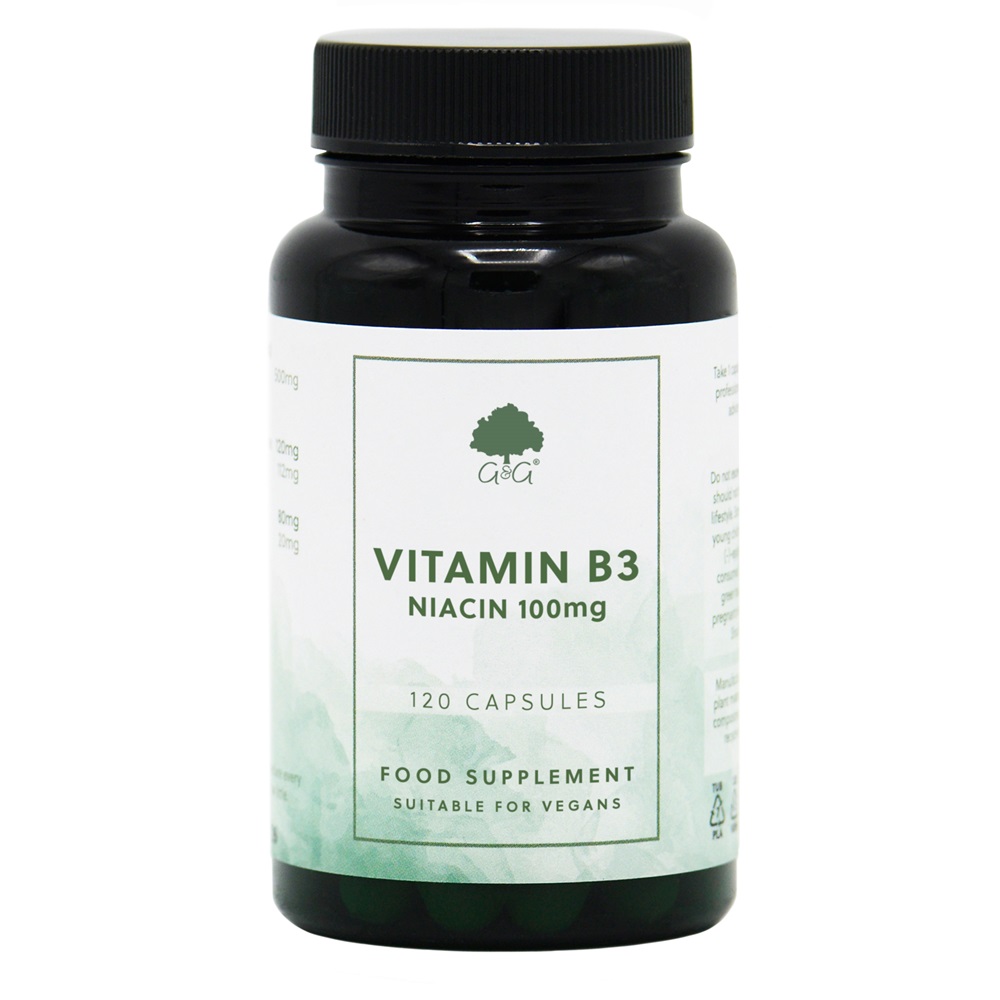
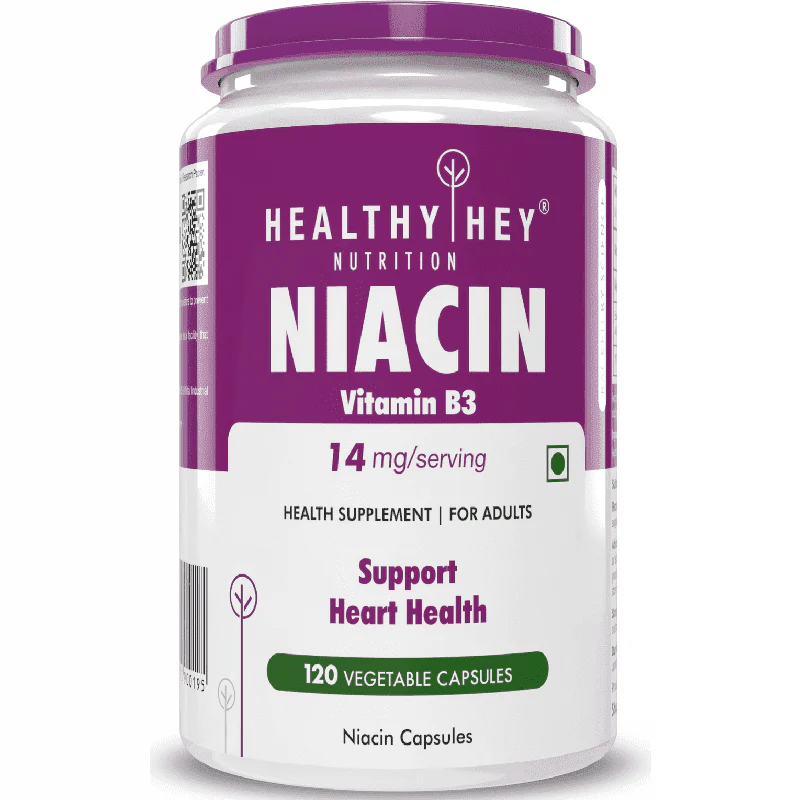




Reviews
There are no reviews yet.